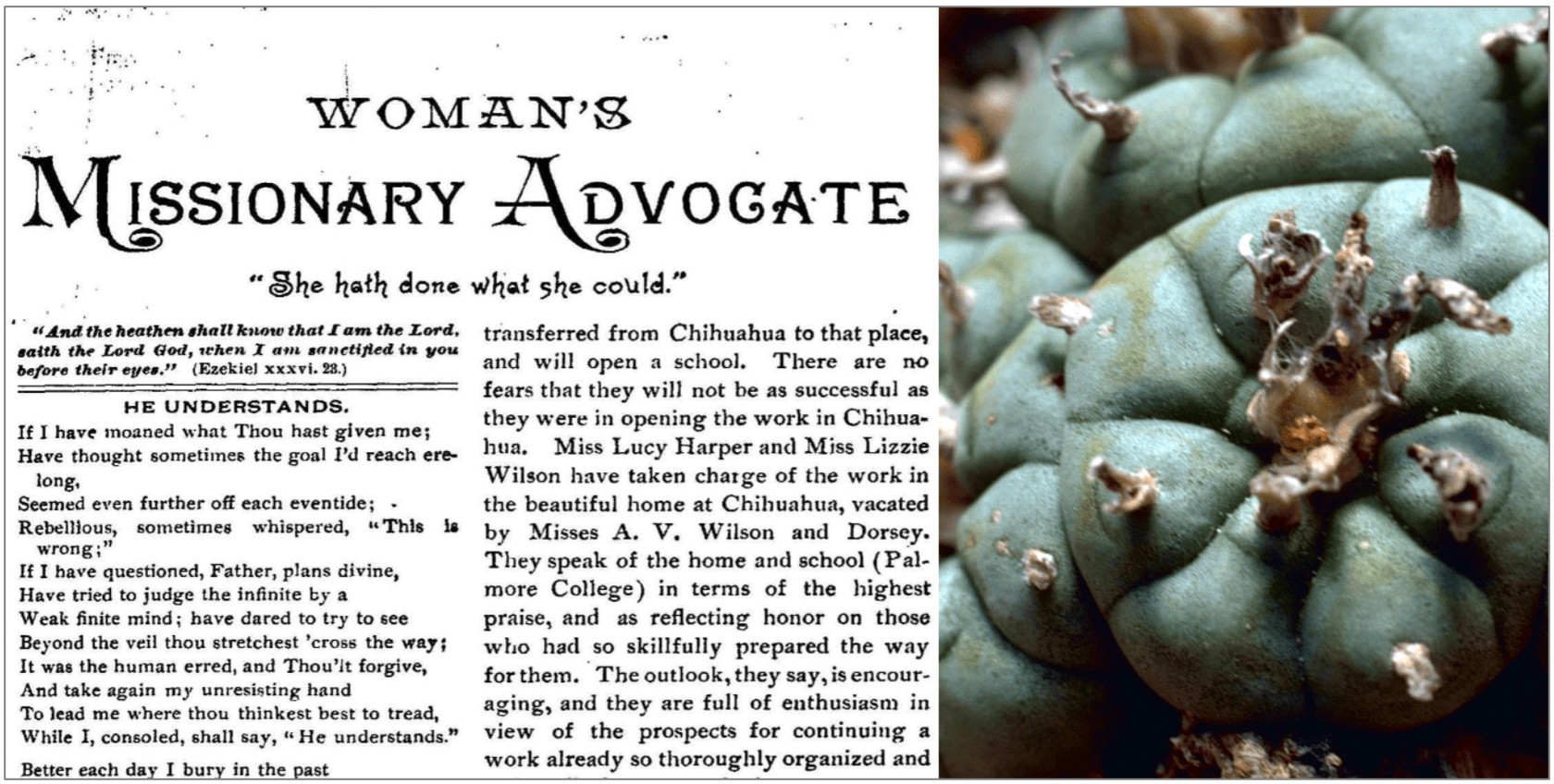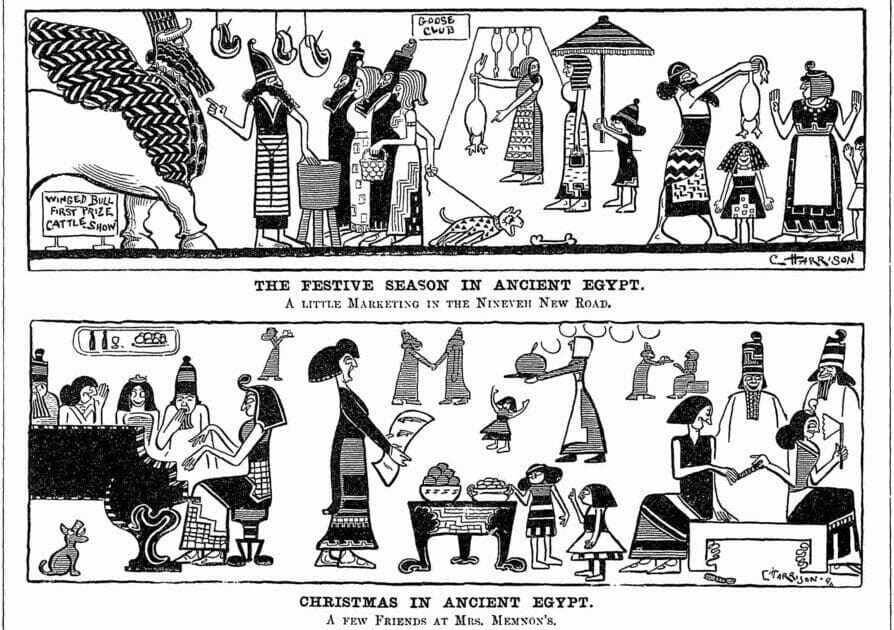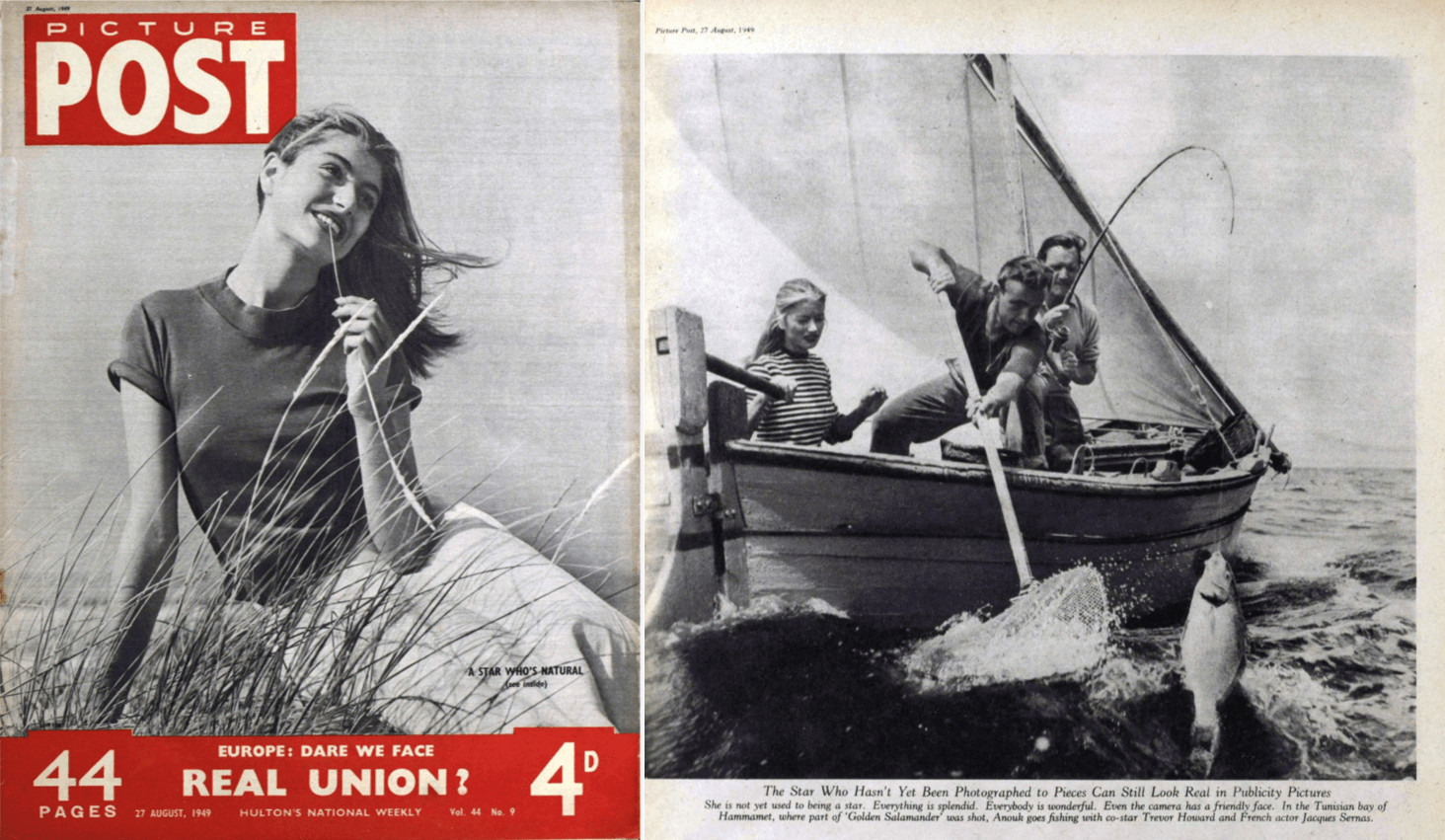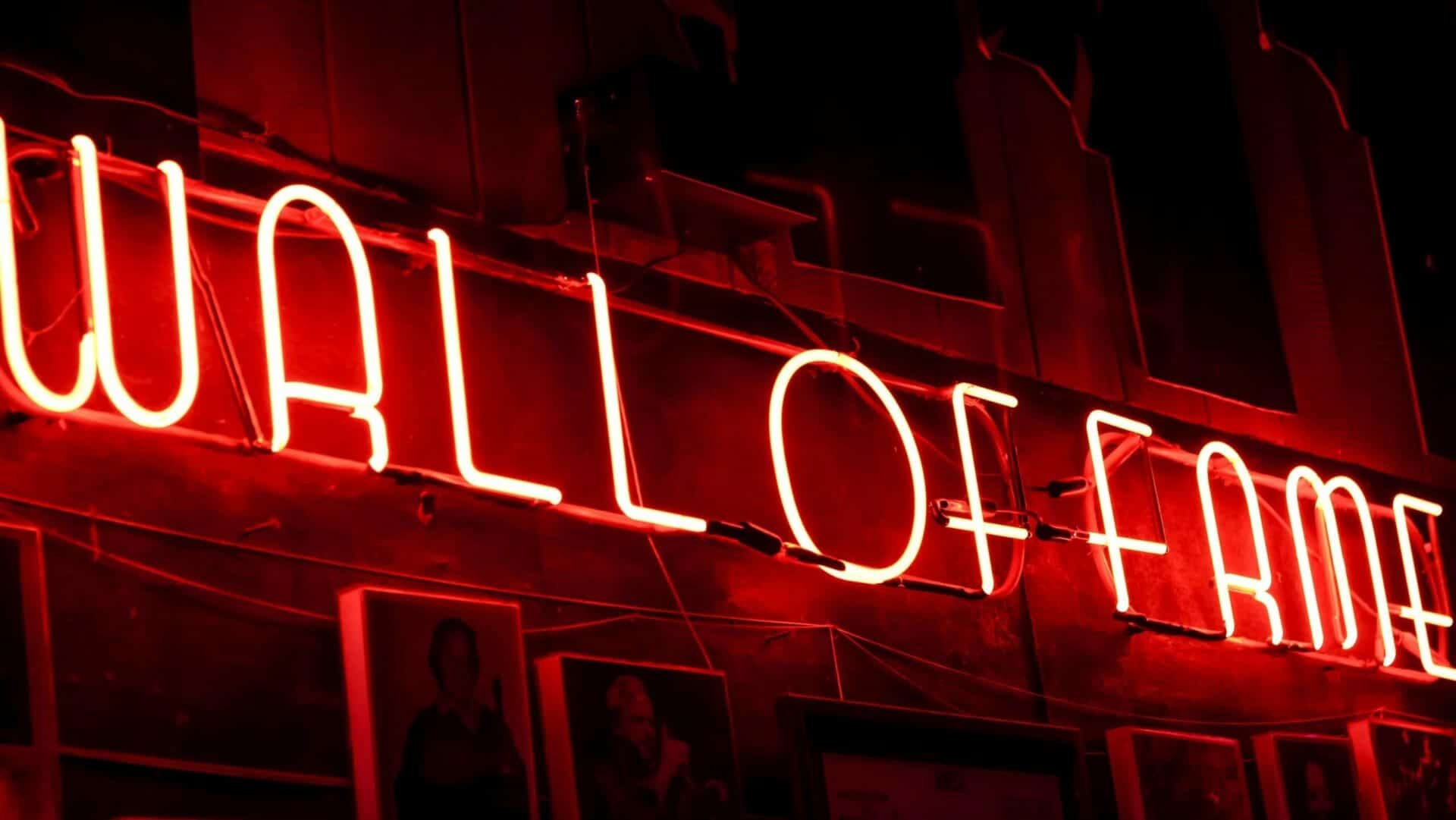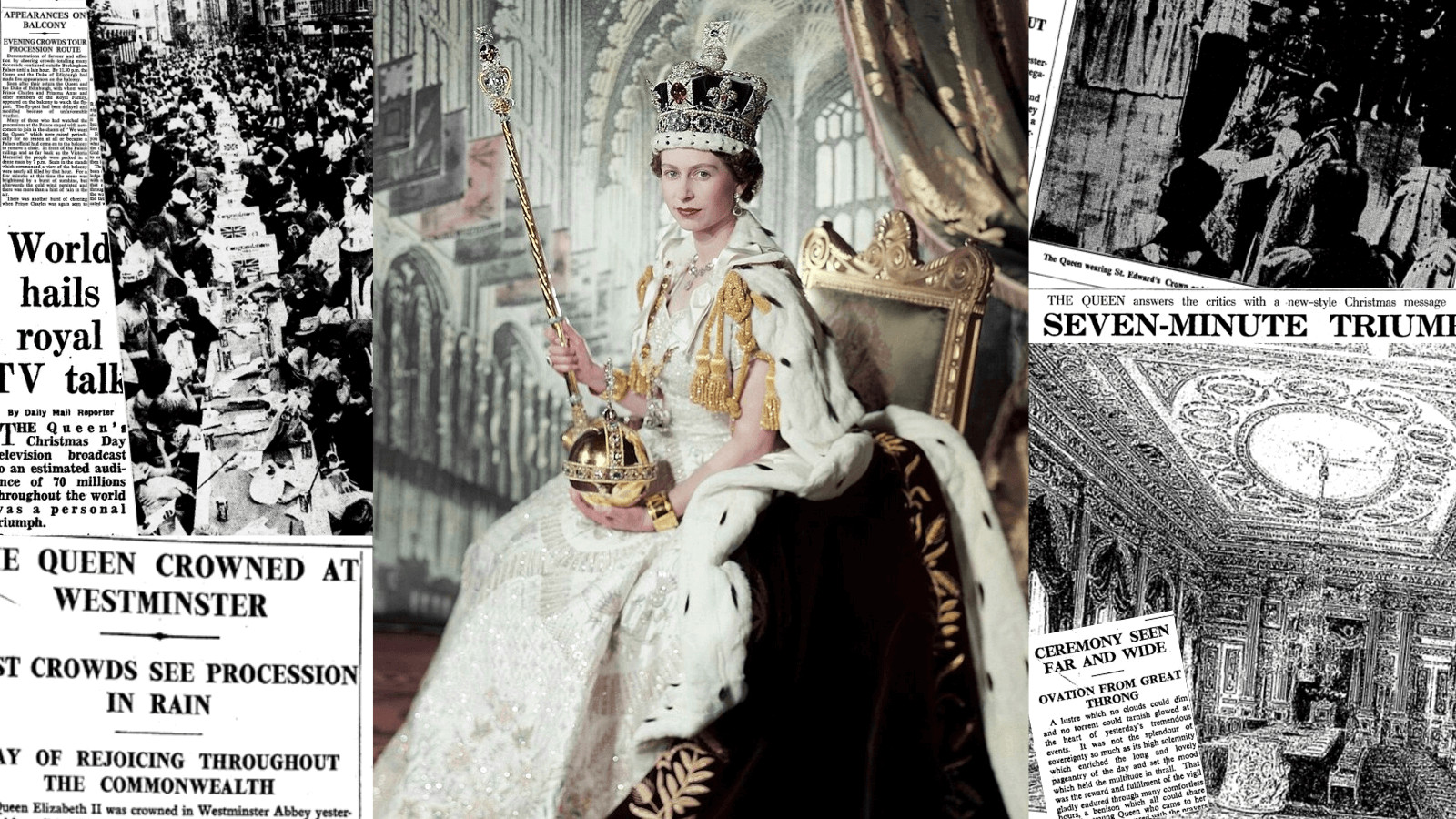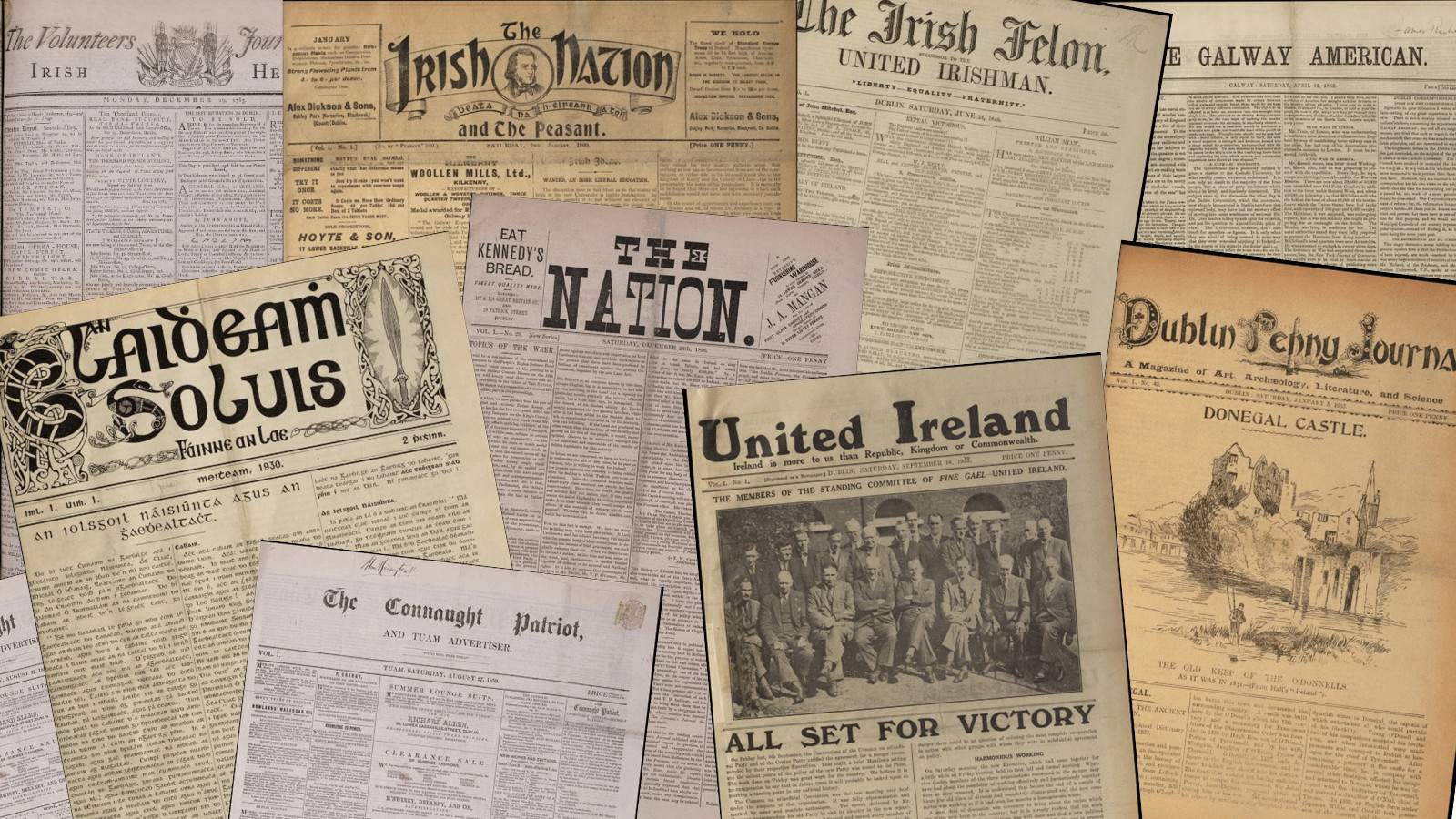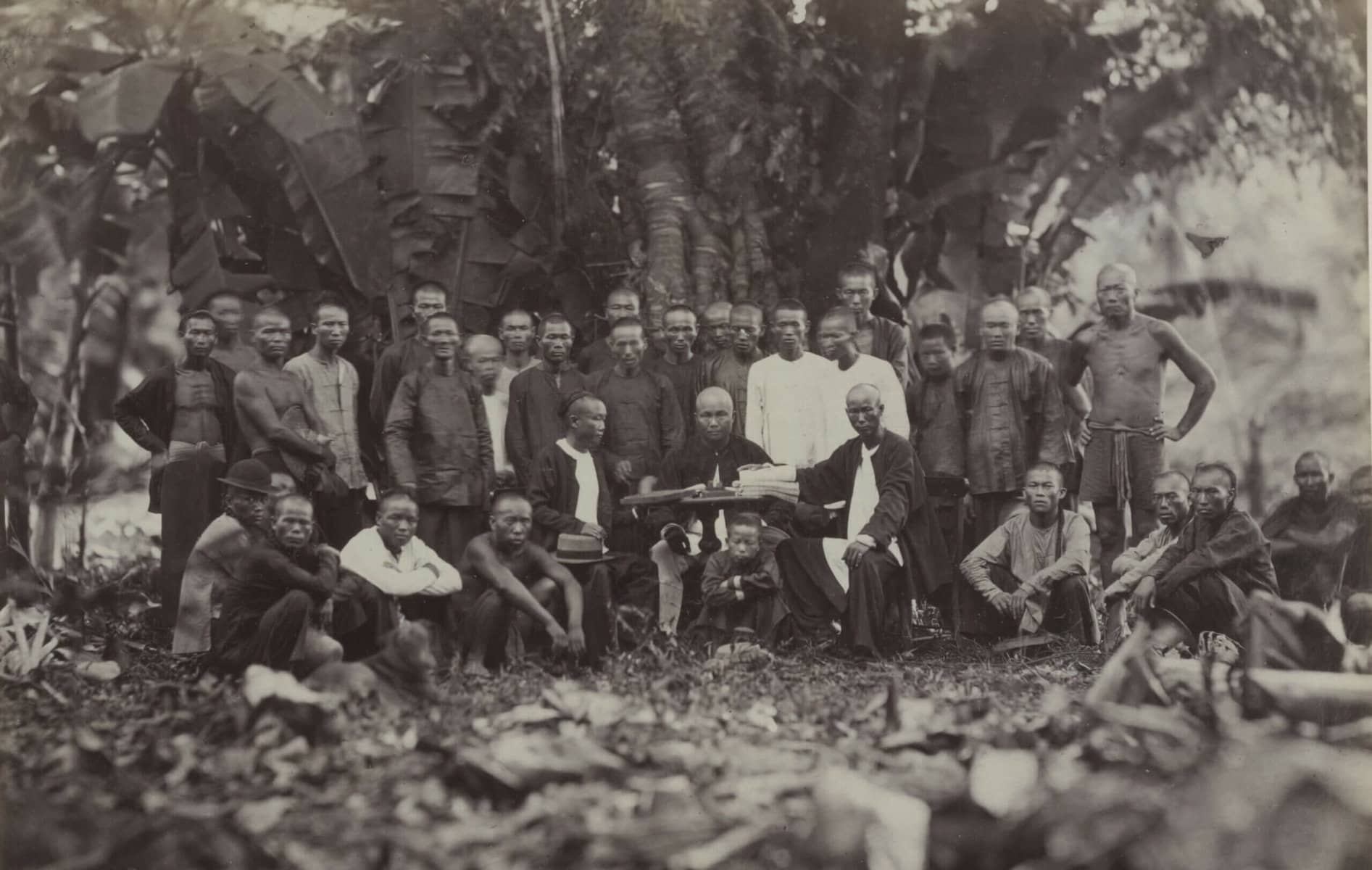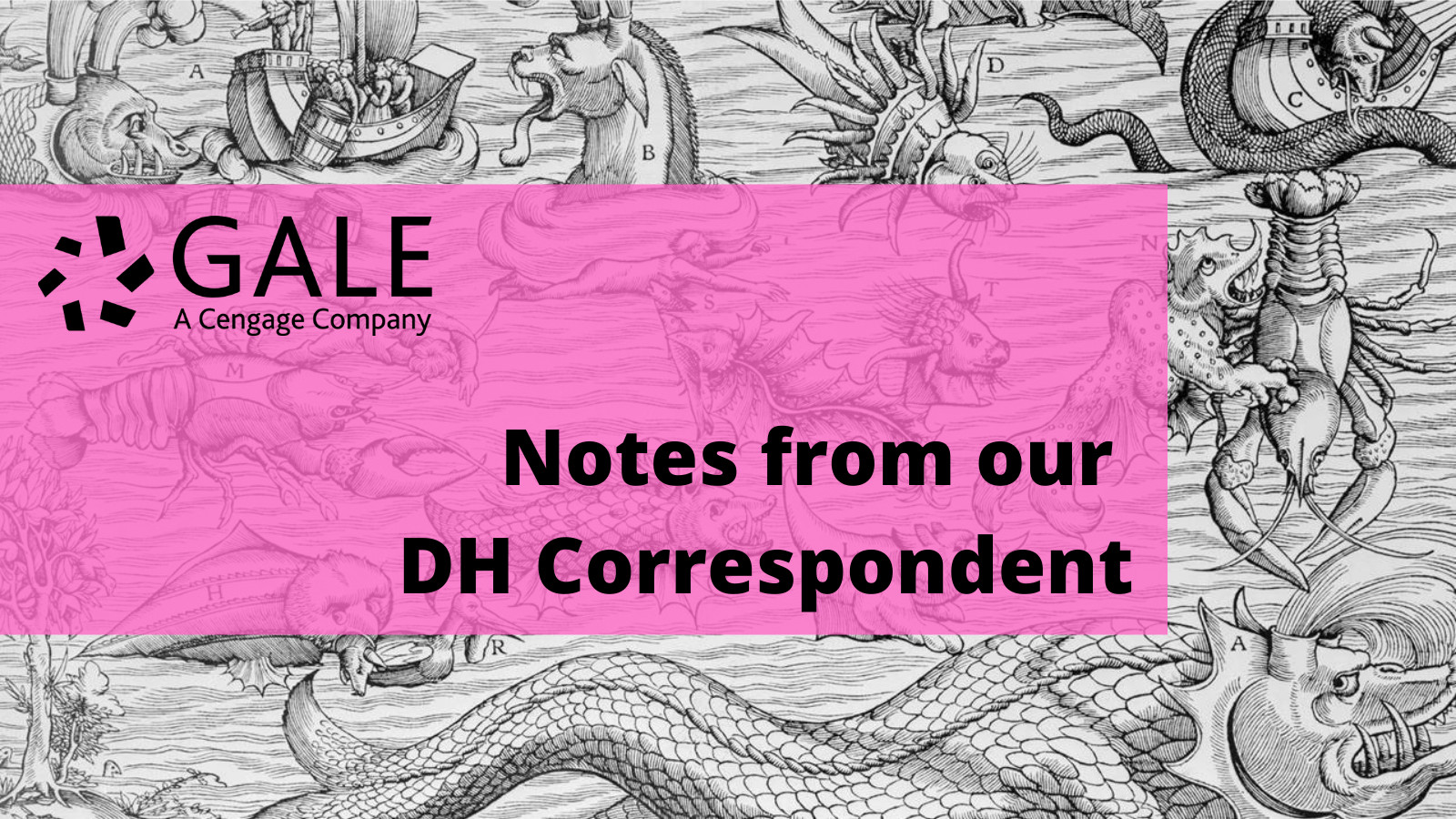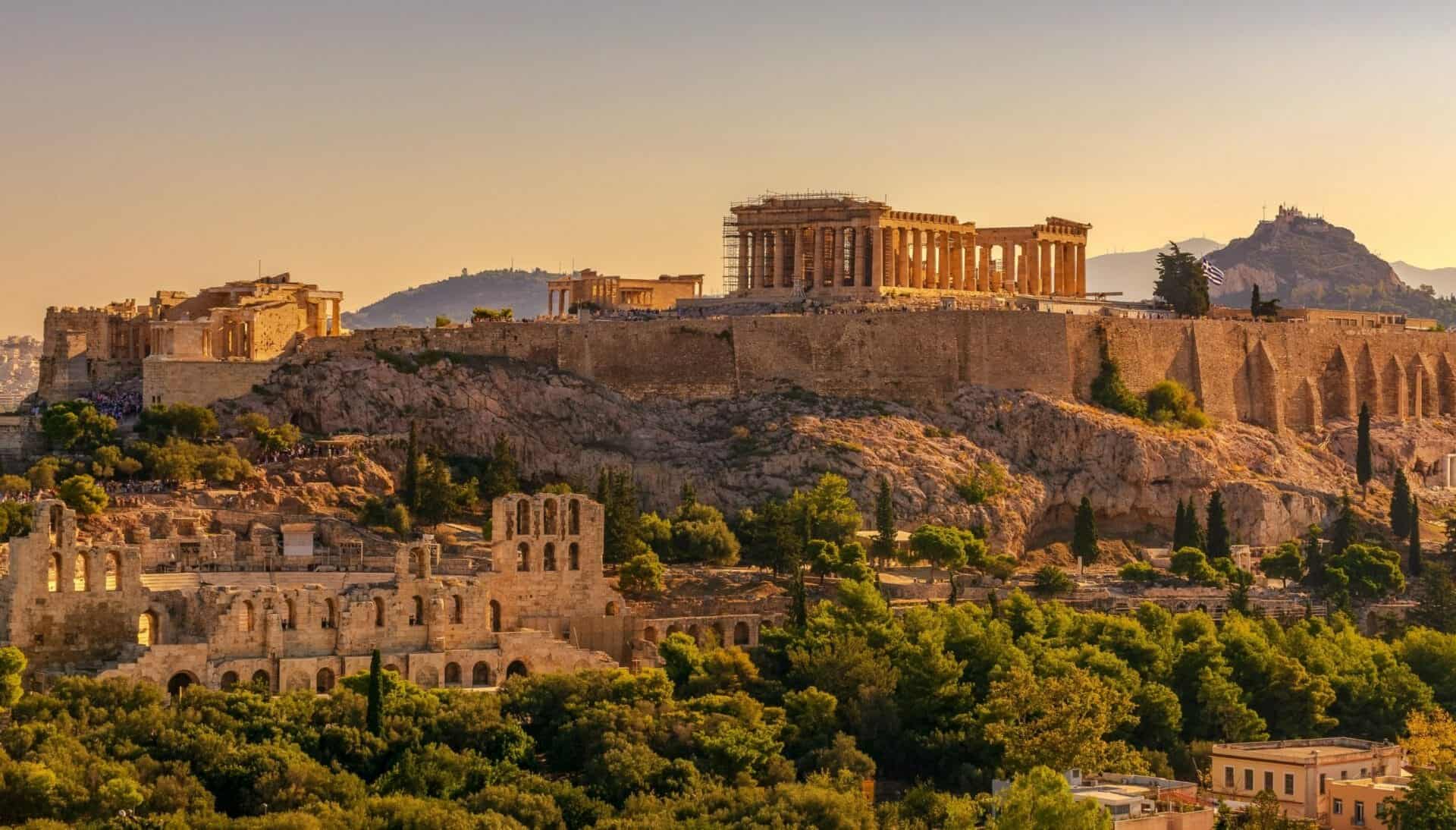|By Lola Hylander, Gale Ambassador at University College London|
I am a student of the History and Politics of the Americas at University College London, and my dissertation will analyse Employment Division v. Smith (1990),a Supreme Court ruling that overturned almost a century of activism surrounding the Native American Church’s (NAC) right to practice peyotism, a religion based on the ceremonial use of the psychedelic cactus, peyote, in the United States. Religious debates largely define the discourse around peyote use, examining whether or not it should be protected under the First Amendment’s freedom of religion clause. Wanting to further understand the role of religion in the peyote debate, I turned to Gale’s Archives Unbound collection to see what I could find.

